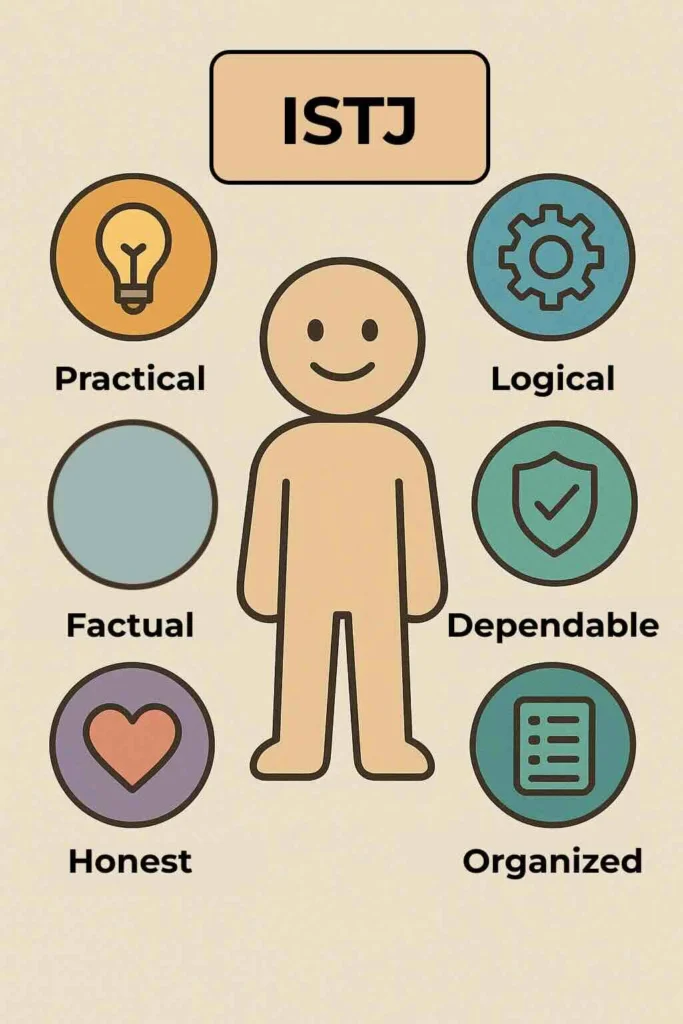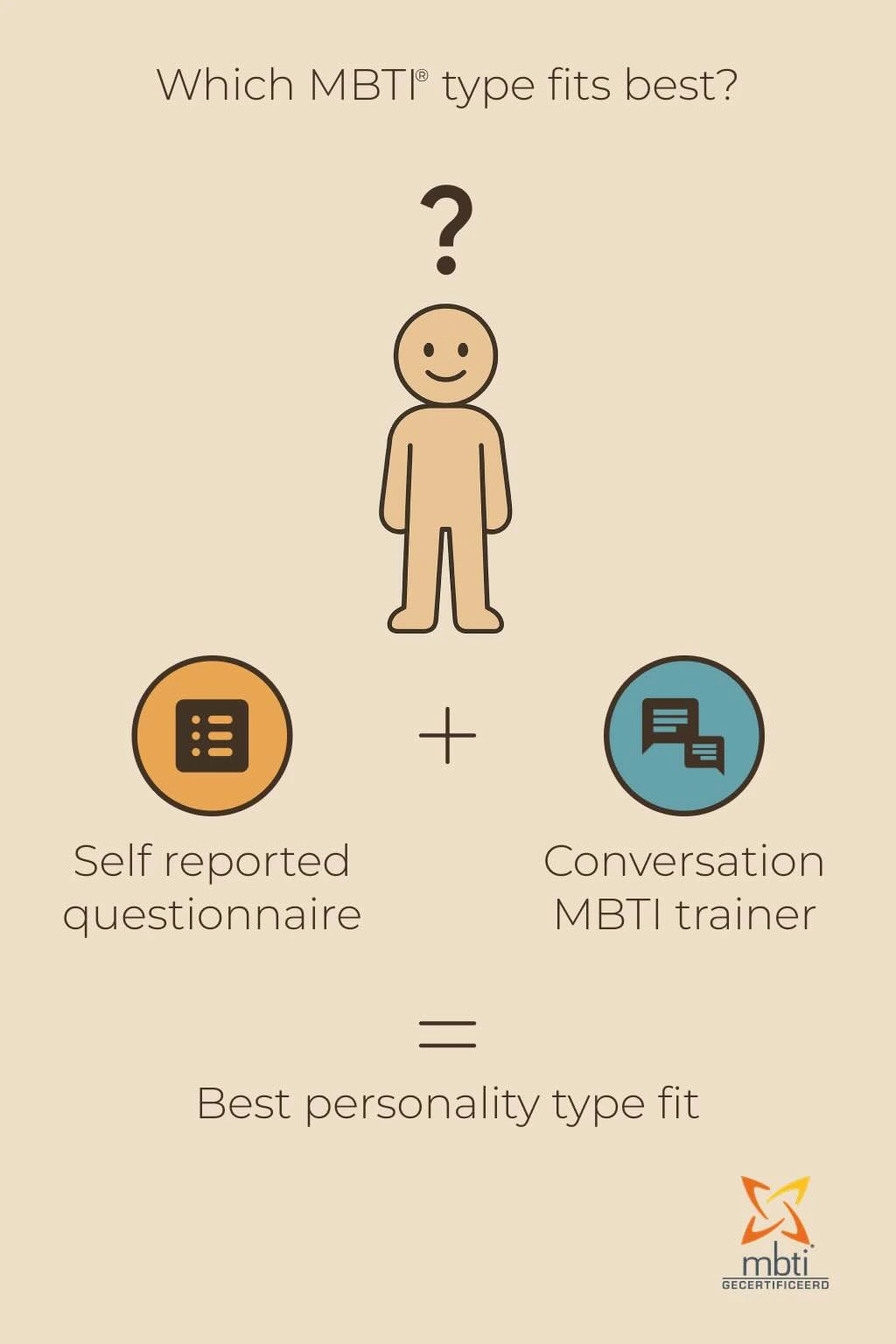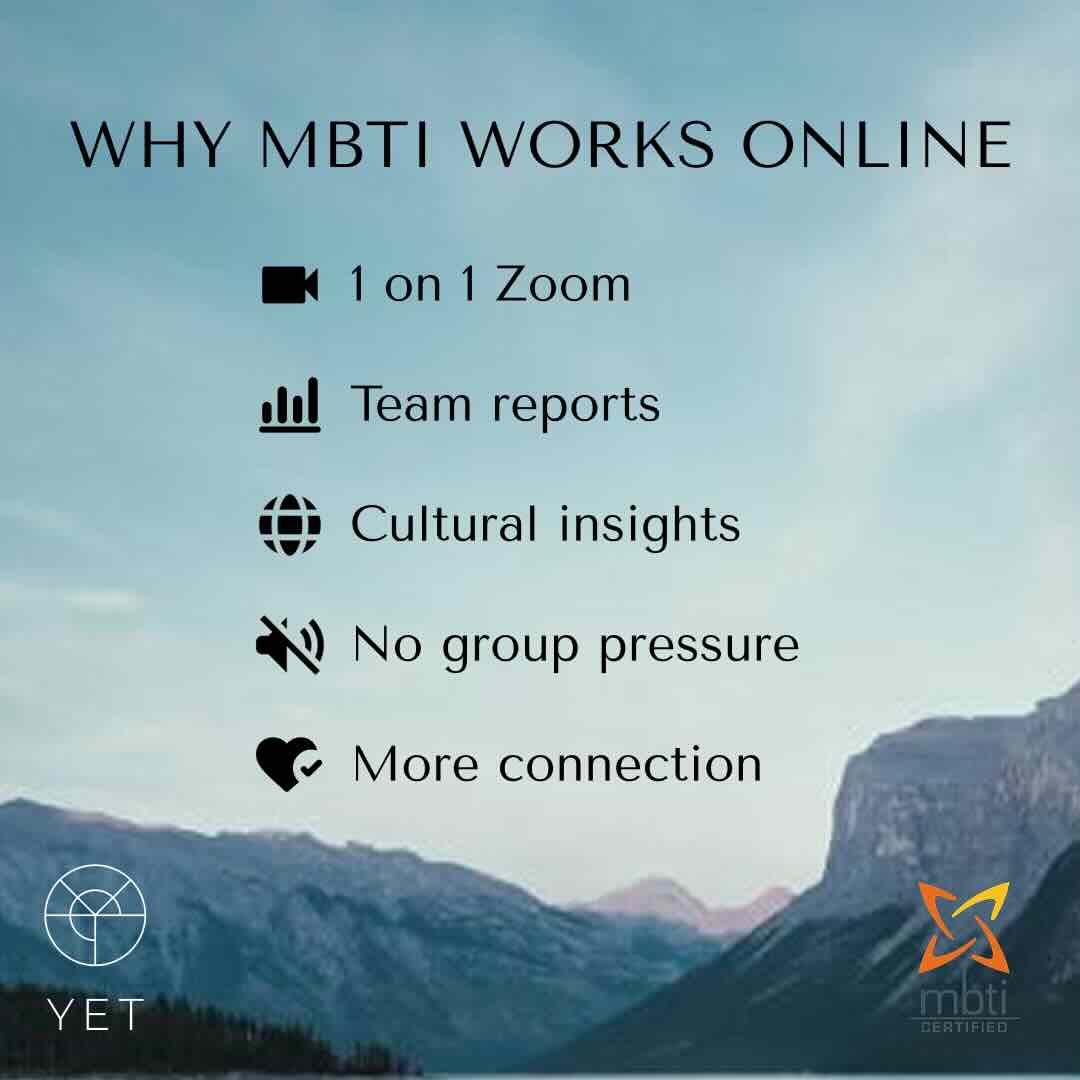ISTJ: The Responsible Realist
In the MBTI® framework, ISTJs are often referred to as “The Responsible Realist” for their unwavering commitment to structure, reliability, and responsibility. As one of the most common personality types, ISTJs are the backbone of many organizations, excelling in roles that require attention to detail and adherence to rules. They are defined by their Introverted, Sensing, Thinking, and Judging preferences, which shape their practical and logical approach to life.
This blog explores the core traits, strengths, challenges, and workplace dynamics of ISTJs, helping you better understand this pragmatic personality type.
Core Traits of ISTJs
1. Introverted (I):
ISTJs recharge through solitary activities and value their internal world of ideas and reflections. They prefer working independently or in small, focused groups.
2. Sensing (S):
Grounded, ISTJs focus on facts, details, and practical solutions. They rely on their five senses to interpret the world and make decisions based on concrete evidence.
3. Thinking (T):
ISTJs prioritize logic and objectivity over emotions when making decisions. They value fairness and often take a straightforward approach to problem-solving.
4. Judging (J):
Preferring structure and order, ISTJs thrive in environments with clear expectations and well-defined processes. They like to plan and adhere to deadlines.
Strengths of the ISTJ Personality Type
1. Reliability and Dedication:
ISTJs are known for their dependability. They take their responsibilities seriously and follow through on commitments.
2. Practical Problem-Solving:
With a keen eye for detail, ISTJs excel at identifying practical solutions to complex challenges.
3. Organizational Skills:
They bring order to chaos, ensuring tasks are completed efficiently and effectively.
4. Strong Work Ethic:
ISTJs value hard work and take pride in producing high-quality results.
5. Rule Adherence:
Their respect for rules and traditions helps them maintain stability and consistency in their personal and professional lives.
Challenges and Growth Areas for ISTJs
1. Rigidity:
ISTJs can struggle with flexibility, preferring to stick to established methods.
Growth Tip: Embrace change as an opportunity for growth and innovation.
2. Overlooking Emotions:
They may unintentionally dismiss the emotional needs of others.
Growth Tip: Practice active listening and empathy to build stronger connections.
3. Resistance to Delegation:
Their preference for control can lead to overburdening themselves.
Growth Tip: Trust others to handle tasks and focus on priorities.
4. Difficulty with Abstract Concepts:
ISTJs may find it challenging to engage with theoretical ideas.
Growth Tip: Balance their focus on details with a broader perspective by exploring new interests.
5. Perfectionism:
Their high standards can lead to stress or frustration when things don’t go as planned.
Growth Tip: Celebrate progress and learn to accept imperfections.
ISTJs in the Workplace
ISTJs thrive in structured environments that value efficiency, reliability, and clear expectations. They excel in roles that allow them to apply their analytical skills and attention to detail. Ideal career paths for ISTJs include:
– Accounting and Finance: Ensuring accuracy and compliance in financial matters.
– Law Enforcement: Upholding rules and maintaining order.
– Engineering: Applying logical solutions to practical problems.
– Healthcare Administration: Organizing systems to support patient care.
– Military or Government: Following protocols and executing plans efficiently.
In team settings, ISTJs are valued for their dependability and ability to deliver results. They often take on leadership roles that require organization and accountability.
ISTJs in Personal Relationships
ISTJs are loyal and dependable partners, seeking relationships built on trust, stability, and shared goals. While they may not be overtly emotional, their actions demonstrate their commitment and care. They value traditions and enjoy creating a sense of security for their loved ones.
Conclusion: Embracing the ISTJ Personality
ISTJs bring a unique blend of practicality, reliability, and organization to every aspect of their lives. By leveraging their strengths and addressing growth areas, ISTJs can continue to lead with consistency and make meaningful contributions in both personal and professional settings.
Read more about ISTJ in a cultural context:
Read more about the ISTJ in a cultural context here.
Read more about ISTJ on our instagram page:
FAQ
1. What makes ISTJs unique?
Their blend of practicality, reliability, and organizational skills sets them apart as pillars of stability.
2. How do ISTJs handle stress?
Under stress, ISTJs may become overly focused on details or withdraw to process their thoughts. Structured routines and time for reflection help them regain balance.
3. What hobbies do ISTJs enjoy?
ISTJs often enjoy activities that require focus and precision, such as puzzles, woodworking, or gardening. They also appreciate routines like exercise or cooking.
4. How can ISTJs build better relationships?
Open communication and patience are key. Sharing their thoughts and being receptive to others’ feelings can enhance connections.
5. What are common misconceptions about ISTJs?
Some believe ISTJs lack creativity, but they can be highly innovative when solving practical problems.





